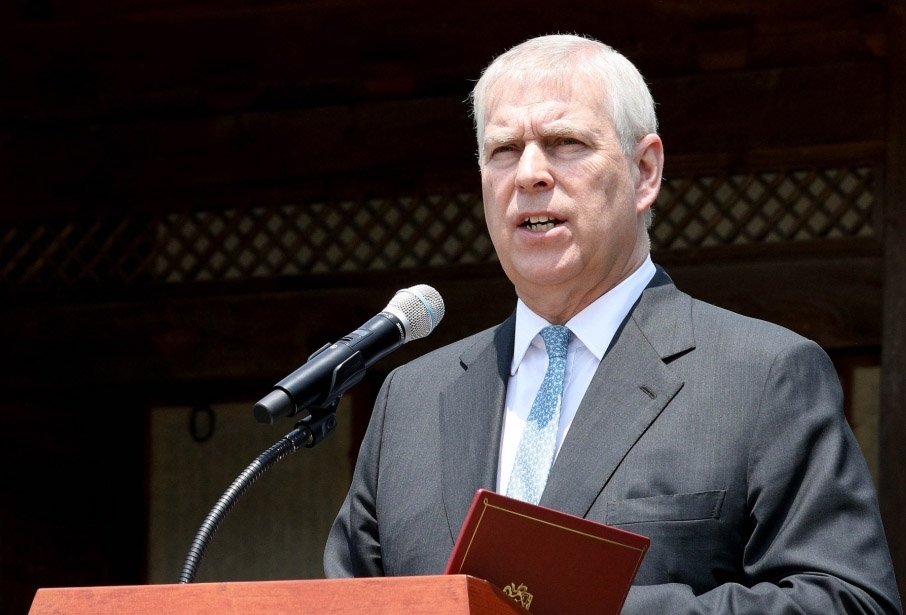The Digital Inclusion Innovation Fund will help more people get online, drive economic growth and raise living standards, as part of the Plan for Change…reports Asian Lite News
Local councils, charities and grassroots organisations across the United Kingdom are set to share in a £9.5 million government funding boost aimed at tackling the country’s persistent digital divide.
The funding, announced on Wednesday, is designed to “turbo-charge” local initiatives to bring the 1.6 million people living offline into the digital age. It will support projects that help people gain basic digital skills, provide donated devices such as smartphones and laptops, and deliver training workshops.
The Digital Inclusion Innovation Fund, launched alongside the announcement, will invite applications from local authorities, charities, and research bodies in England for grants ranging from £25,000 to £500,000. The devolved administrations in Scotland, Wales and Northern Ireland will determine how to allocate their share to best address local needs.
A widening gap in digital access
Government data suggests that 7.9 million adults in the UK still lack basic digital skills, with 1.6 million entirely offline. Those affected are often excluded from opportunities others take for granted – from applying for jobs and accessing online healthcare to paying less for everyday goods and services.
Research shows that people who are offline can pay up to 25 per cent more for essentials such as home insurance, rail travel and groceries compared with those who shop and manage their affairs online. The government’s announcement frames tackling this inequality as a matter not only of fairness but of economic necessity.

“Digital exclusion is holding too many people back and tackling it is critical to driving growth,” the Department for Science, Innovation and Technology (DSIT) said in a statement, linking the move to the Prime Minister’s “Plan for Change” agenda to boost economic productivity and living standards.
Building on recent initiatives
The new funding follows the launch in June of the “IT Reuse for Good” charter, which encourages organisations to donate refurbished technology to people without digital access.
Telecoms Minister Chris Bryant stressed that digital inclusion is no longer optional. “It is unacceptable that in 2025, millions of people across the UK simply can’t access the vast opportunities that technology and the online world offers,” he said. “Making technology widely accessible could be the thing that means a sick patient can speak to a GP remotely, or that helps a young person successfully apply for a job.”
Bryant emphasised the role of local leaders in driving change: “Through this funding we’re moving further to empower local leaders and groups nationwide, who are already working tirelessly to get their communities connected and change countless lives for the better.”
Wales’ leading role
In Wales, the funding will complement an already well-established programme of digital inclusion. Jane Hutt, the Welsh Government’s Cabinet Secretary for Social Justice, said the country had “led the way” for more than a decade.
“Our Digital Strategy for Wales makes clear our aim to ensure everyone who chooses to can engage safely and with confidence with digital,” Hutt said. “Being digitally included means having the basic digital skills and tools needed for everyday life – from accessing vital services and applying for jobs to staying connected with friends and family. This new funding will build on the progress we’ve made and support our aim to help people meet the minimum digital living standard.”
Local knowledge, national impact
The government has made clear that the fund is being targeted at community-based organisations because they are best placed to understand the specific needs and barriers faced by their residents.
Officials say that projects supported through the fund could range from running tech-training sessions for older people, to lending laptops to low-income families, to developing innovative apps that make digital services more accessible to people with disabilities. If successful, the government hopes the most effective of these schemes can be replicated across the UK, scaling up proven approaches to reach millions more people.
Part of a broader strategy
The launch of the Digital Inclusion Innovation Fund fulfils a key pledge in the Digital Inclusion Action Plan published earlier this year. That plan set out the government’s first coordinated steps to address digital exclusion, with a focus on harnessing technology to benefit everyone and, in doing so, help boost growth and raise living standards.
The move also aligns with wider international concerns about the consequences of digital inequality. In recent years, both the United Nations and the Organisation for Economic Co-operation and Development (OECD) have urged governments to prioritise universal digital access, citing the growing role of online platforms in education, employment, healthcare and democratic participation.
Driving change from the ground up
For many campaigners, the challenge now is to ensure the funding translates into tangible improvements in people’s daily lives. Community technology advocates point out that while infrastructure and devices are crucial, human support – patient guidance from trusted local figures – is often the decisive factor in helping people overcome fear or mistrust of technology.
By focusing on locally led, innovative solutions, ministers hope to combine the benefits of national funding with the intimate understanding of communities held by grassroots organisations.
The Digital Inclusion Innovation Fund opens for applications immediately, with the first grants expected to be awarded later this year.














